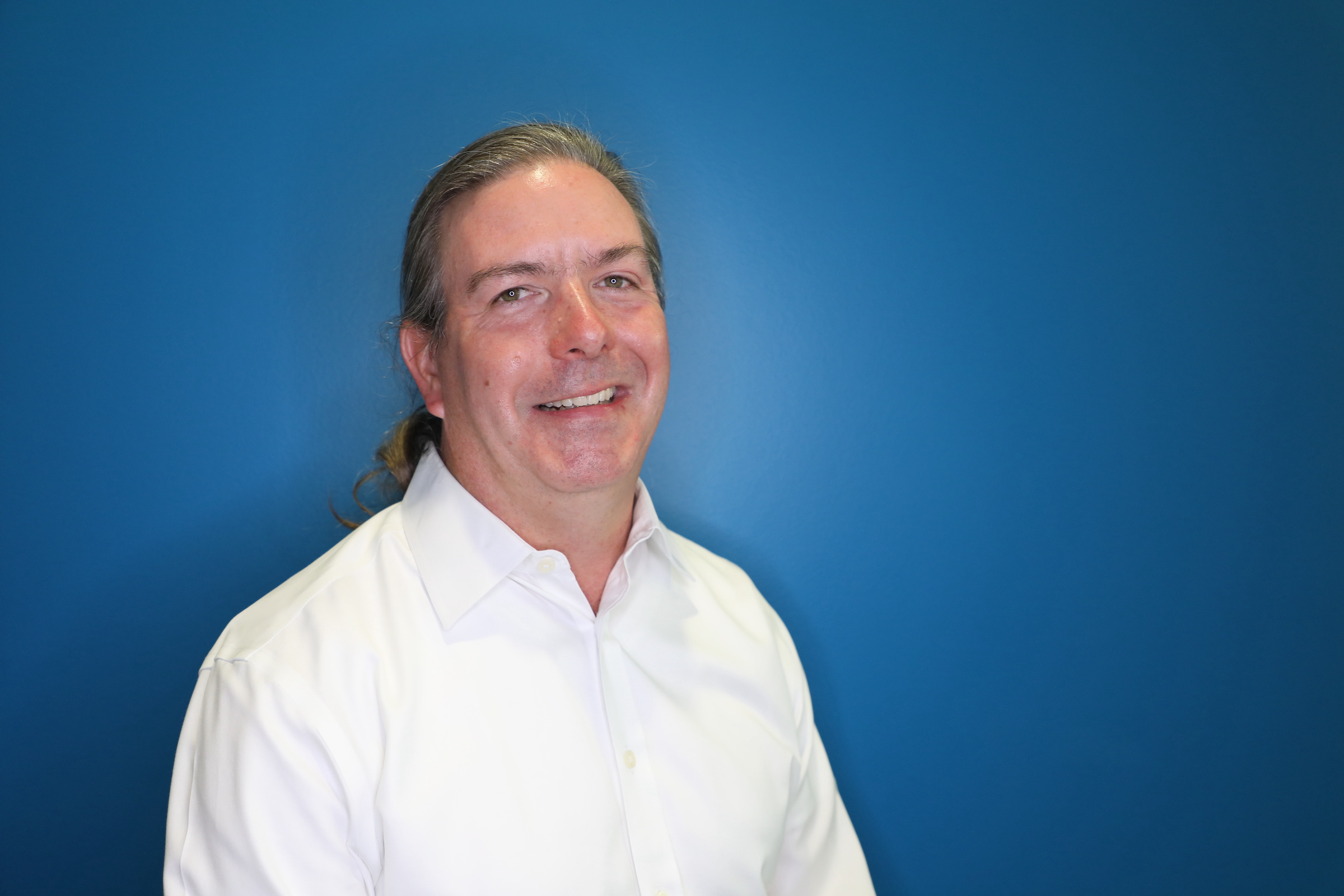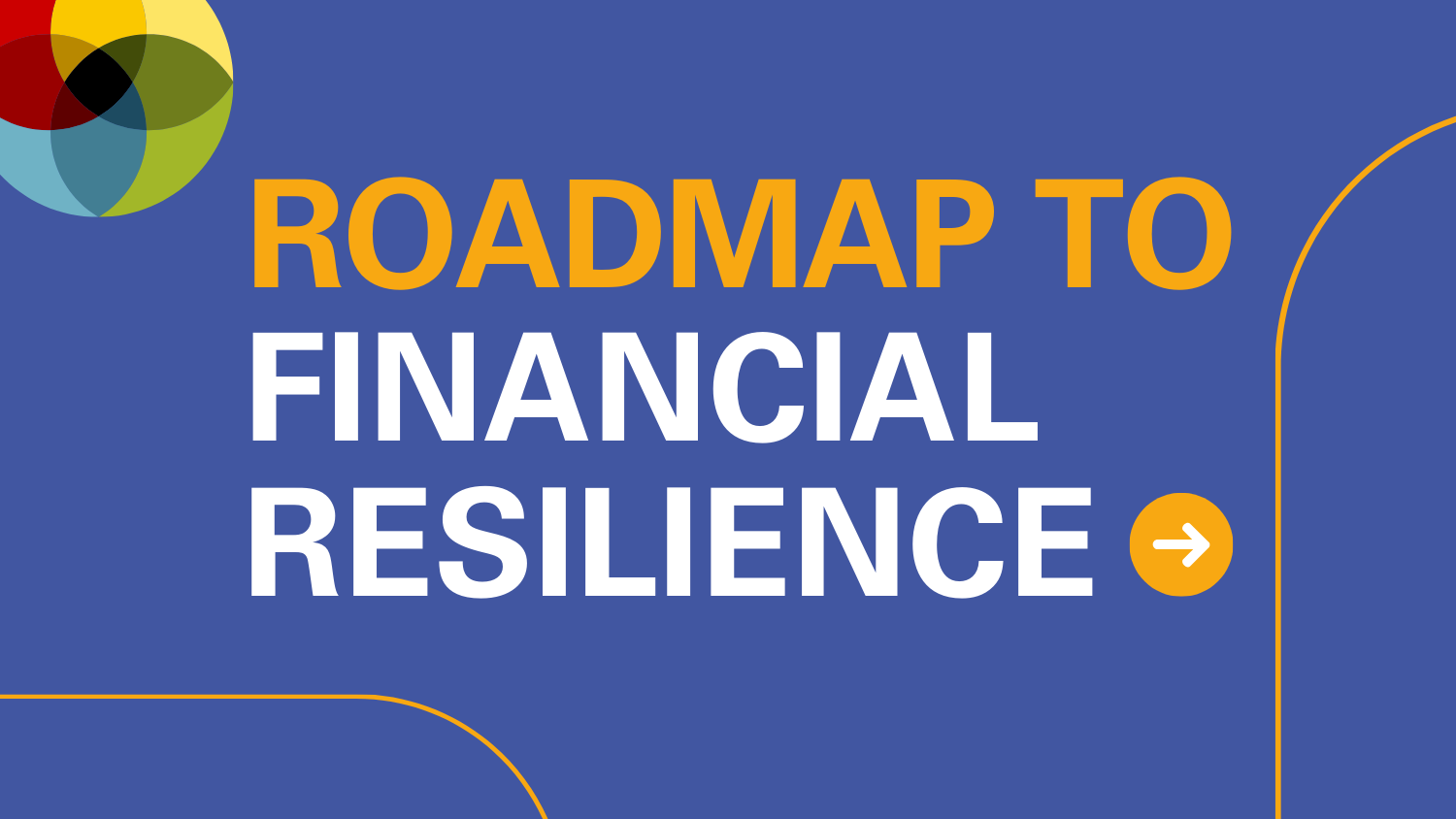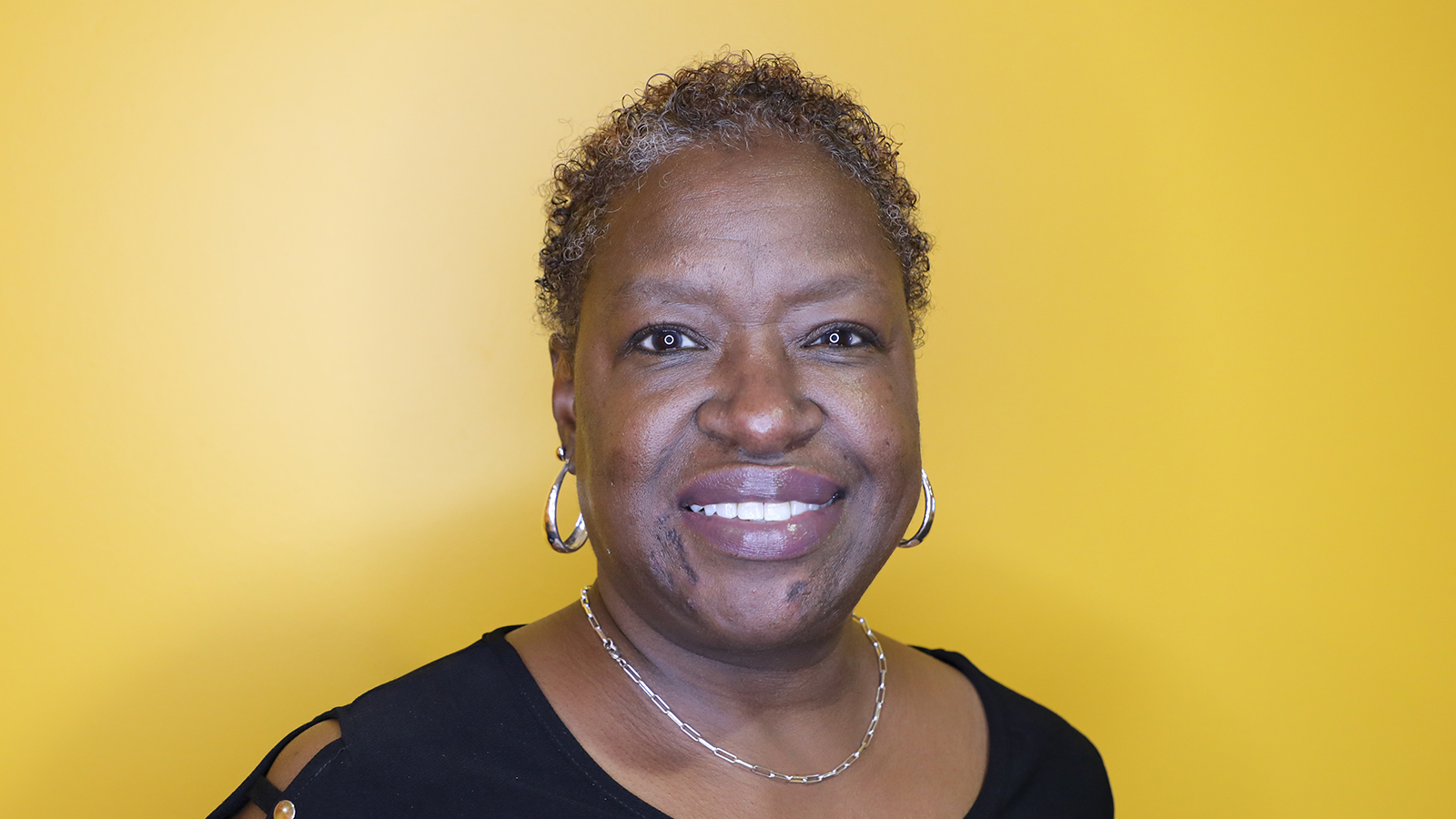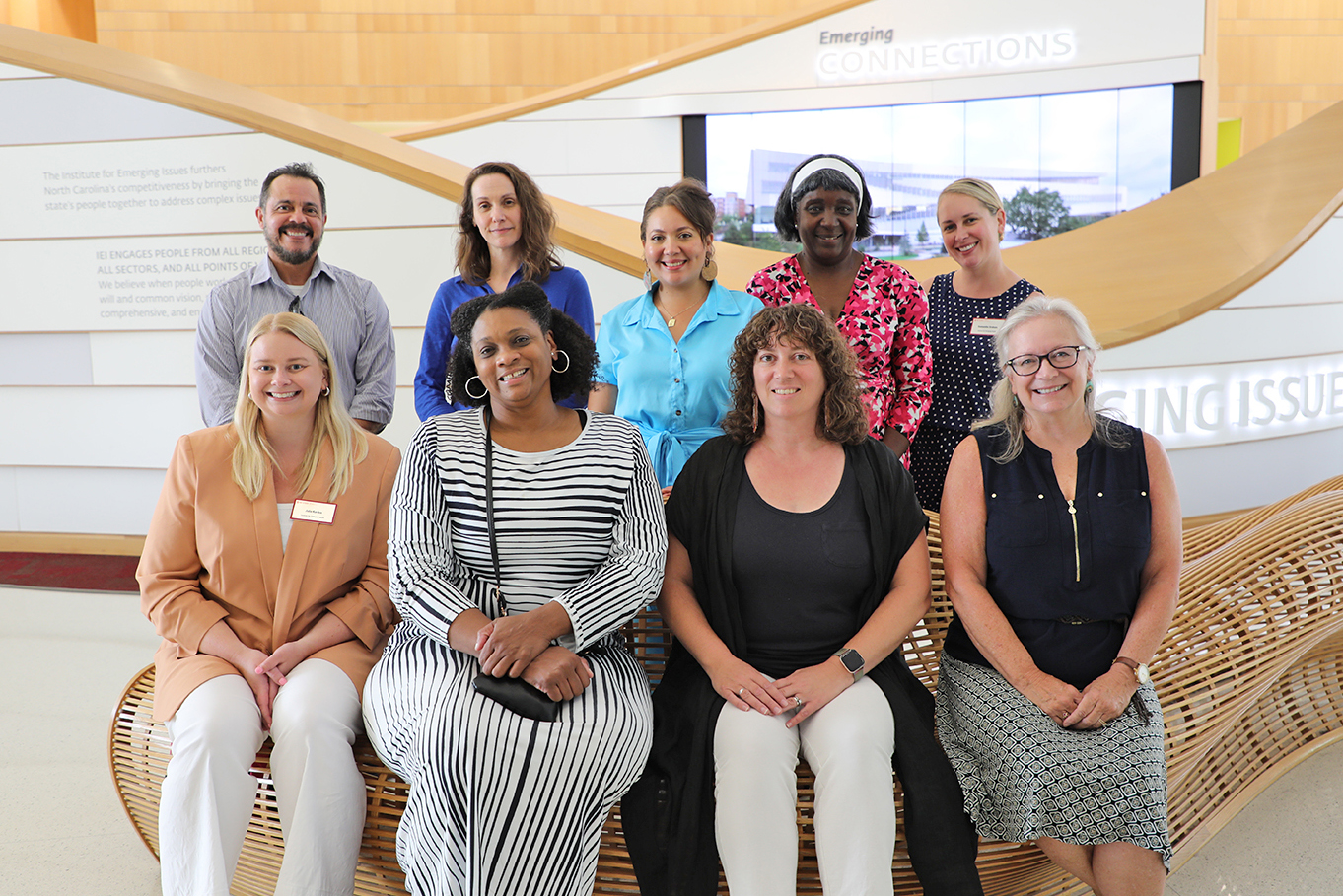The Institute for Emerging Issues (IEI) at NC State University is excited to welcome John Parker to the team as a full-time staff member working with the Faith & Community initiative. John has long been involved with IEI in a part-time capacity.
Q: Tell us a bit about your background and how you came to IEI.
A: I grew up in Moore County, North Carolina, with a large extended family, and our family-owned, retail hardware store in Southern Pines. Our family’s civic and community involvement, along with knowing more than usual about our family history and genealogy, nurtured my early curiosity of history and other ways of being and living. In terms of education, I obtained a BA in anthropology (Wake Forest), MA in applied anthropology (Memphis State) and a Masters in Divinity (Duke).
Since the mid-1990s, I’ve intentionally worked at the intersection of social movements, community organizing, economic justice, and policy advocacy within the nonprofit sector, faith communities, activist networks and the community development field, primarily in North Carolina. My general focus has been nurturing collaborative, culturally appropriate, creative and responsible community leaders, change-makers and social entrepreneurs.
I’ve been a friend and colleague of IEI since 2008. I was invited to join the IEI team in 2016 to help out with the faith and community work and the rural faith communities as anchor institutions (RFCAI) program. My role has been as a part-time consultant and fellow, and for a number of years I became more involved with additional projects and roles, particularly around capacity building and program development.
Q: What have you learned in that time about rural faith institutions in NC? What do you have planned for the direction of IEI’s rural faith program?
A: Change is happening, locally and globally, and the systemic interconnectedness requires us to work on many issues simultaneously, at various levels and scales. As one article on adaptive leadership states, change is perpetual, pervasive, and exponential. Others I know use the acronym VUCA to frame our context – volatility, uncertainty, complexity and ambiguity.
It’s difficult for faith communities and their leaders, whether we’re talking clergy or laity, to be everything to everyone and live into the big mission and vision many are called to embody. Many are doing deep and amazing good work in their congregations and communities.
At this time, we are encouraging our partners, friends, and colleagues to ask “what’s needed right now?” We’re curious and open to learning about what we don’t know, bearing witness to what is and isn’t going on, and seeking appropriate and compassionate responses – rooted in an ethic of cultural humility, collective care and empathetic engagement. We’re engaging around what’s needed, relevant and useful in particular contexts, rather than only working around predetermined agendas. We’re centering diversity, equity, inclusion and well-being in our work while adapting with empathy and cultural humility through the multiple pandemics with their complexities and nuance. This is deeply relational work.
Over the next few years, through our engagements, convenings, group work, coaching and technical assistance, we will continue to work across differences to encourage diverse (intergenerational, multicultural, multi-faith, multi-sector and multi-issue focused), place-based collaboratives that are committed to affirming the dignity, worth and potential of all people. Ideally faith leaders will dig deeper with others, collaborate around policy and program developments, and strengthen sustainable, resilient and thriving approaches to their community ministry.
Q: What do you believe is the biggest emerging issue facing our state?
A: We desperately need leadership that is oriented toward community building and culturally appropriate and responsible leadership that is careful and takes care. Rev. Dr. Martin Luther King asks “Where do we go from here? Chaos or Community?” and reminds us that we are caught in an inescapable network of mutuality. In many talks and writings he calls for “a revolution of values” that re-orders our priorities to live into “a world-wide fellowship that lifts neighborly concern beyond” our differences and calls for an “all-embracing and unconditional love for all”, which is named as a “force” and “unifying principle of life”.
This also means exploring our histories with a critical eye. How did we get here? I applaud NC State’s series this Fall on how the Morrill Act of 1862 funded land grant universities through the displacement of indigenous people. Everyone needs to know how the Doctrine of Discovery in the 1100s established a religious, political, and legal justification for colonization and seizure of land that wasn’t inhabited by Christians. It’s important to reckon with the past to build the future. I see the importance of exploring, better understanding, and healing haunted histories. The Equal Justice Initiative in Montgomery and the Beloved Community Center in Greensboro are important resource organizations and leaders in the arenas of truth-seeking and reconciliation.
This kind of leadership is imaginative and creative placemaking that centers equity and holistic wellbeing, exploring how we can flourish and thrive. This is a call to action that nurtures and cares, creates and builds, gives and shares, that cultivates and grows. To echo King again, “let us rededicate ourselves to the long and bitter – but beautiful – struggle for a new world.” North Carolina’s state motto, esse quam videri, means “to be, rather than to seem”. Can we have leadership that embodies the spirit of this “being”?
Q: What else should we know? What kinds of things do you like to do for fun?
A: “I am large, I contain multitudes.” I really enjoy long walks. Being outside in the woods, mountains, along the coast or at the beach. Catching up with old friends and discovering new ones. Asking questions. Wrestling with space and time. Negotiating. Nurturing spaciousness. Writing haiku poems. Bowling. Cards. Playing pool (billiards). Reading. Meditating and other contemplative arts. Merry-making and knocking around with my kids (two teenagers and a young adult!). Festivals and parades. Deep hanging out. Being present. Trying to welcome everything. Not squandering this precious life. The accompaniment and companionship of my partner, Helen Regis.
You can reach me at jdparke8@ncsu.edu
- Categories:



